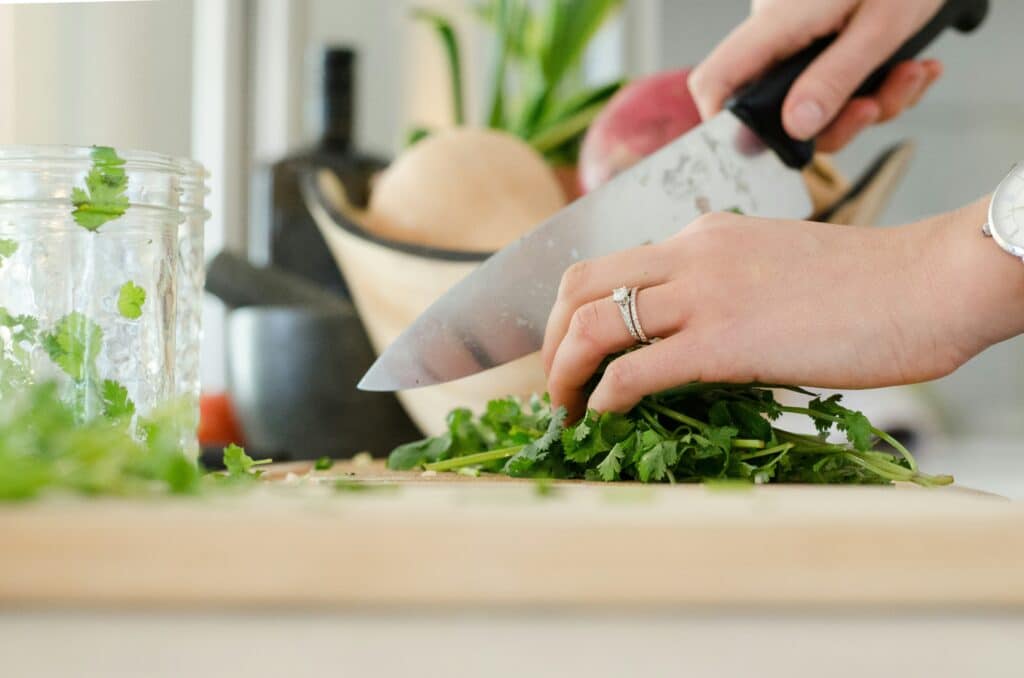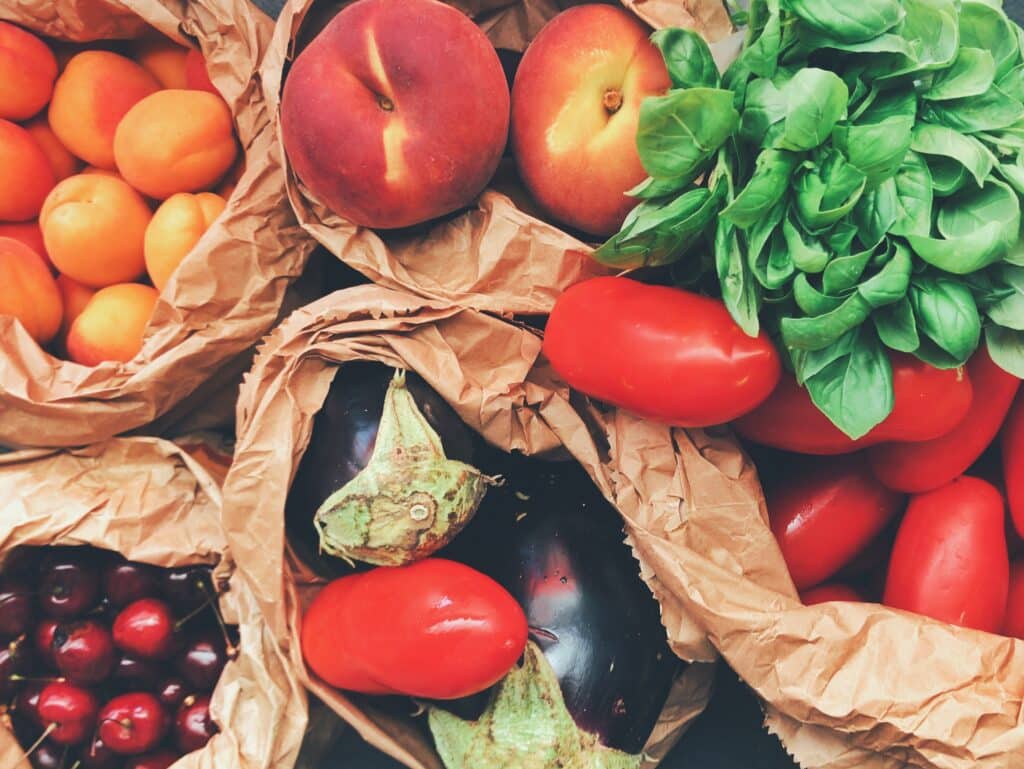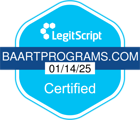Developing healthy routines in recovery is the key to a balanced lifestyle.
Your journey to addiction recovery teaches you many new things. As you begin to focus on your well-being, you naturally feel the urge to commit to living a healthier lifestyle. Taking steps to improve your overall health can enhance your recovery by helping your mind and body function. Discover how to maintain healthy habits in addiction recovery and the benefits of healthy living for people recovering from addiction.
“If you want to live a happy life, tie it to a goal, not to people or things.”
– Albert Einstein
Tips for Living a Balanced Life During Recovery
Everyone in recovery has their own version of what healthy living means. Still, through your work with a counselor, you will begin to focus on some physical and mental wellness. Here are some simple wellness tips to keep in mind:
Eat a Healthy Diet
Chronic substance misuse harms the mind and body, so recovery involves letting them heal from the damage. Addiction can affect how your organs function and cause you to form unhealthy and irregular eating habits. In some cases, drugs impact the appetite, making it difficult to eat enough food.
Nutrition in recovery is essential. Whole foods packed with vitamins, minerals, and proteins can help repair the damage caused by addiction. Depending on your current habits, eating healthy during recovery could mean:
- Getting an adequate amount of food every day
- Drinking enough water to stay hydrated
- Adding more fruits and vegetables to your diet
- Learning to prepare nutritious meals for yourself
Talk to your medical provider about your current diet and ask if you can make any changes to improve your health. Regular blood panels can uncover certain nutrient deficiencies and special medications can help you with nutrient absorption if necessary.
Add Exercise to Your Schedule
Research shows that exercise could increase a patient’s chance of a successful recovery. Exercise for mental health is just as important as the physical aspect. Like healthy eating, regular physical activity helps your mind and body recuperate. Consider these ways to increase your physical activity:
- Take brisk walks daily
- Join an exercise class or sports organization
- Perform manual labor such as yardwork or other chores
- Dance to your favorite music or follow a dance lesson online
- Work a part-time job that requires you to be active
Make this healthy habit enjoyable by doing activities you love. Remember, exercise does not always have to be “traditional” to be good for you. Anything that makes your body move and maybe even work up a sweat counts!
Practice Healthy Sleep Habits
Keeping your body and mind rested will help them heal during the day. To get the most out of your nightly sleep, follow healthy habits such as:
- Getting seven to eight hours of sleep every night
- Going to bed and getting up at similar times every day
- Avoiding caffeine within six hours of bedtime
- Limiting naps
These behaviors help you fall asleep and stay asleep, reducing the chance of disruptive sleep patterns. Also, read up on sleep hygiene and improving your sleeping environment. Small changes can make a big difference!
“A good laugh and a long sleep are the best cures in the doctor’s book.”
– Irish proverb
Form Connections with Others
Your well-being includes social and emotional health. By working on your relationships with other people, you can reduce feelings of isolation and loneliness that trigger substance use. Although this stage can take some time, rebuild your social circle by:
- Reconnecting with friends and family
- Going to family counseling with your loved ones
- Forming new relationships at work or activities
- Joining group counseling and recovery community events
The steps you must take to build connections with others will depend on your circumstances. Finding ways to reach out to others allows you to create a support system throughout your recovery.
Nurture Your Interests
Hobbies relieve stress, improve your emotional wellness and keep your mind off triggers. If you already have a hobby you feel passionate about, remember to dedicate time to it. You can also search for new hobbies through:
- Recovery community activities
- Volunteering locally
- Online hobby forums and classes
- Clubs and organizations
Devoting time to hobbies you love lets you spend less time thinking about a substance and reduces triggers for use. This is also a great time to find a new hobby, perhaps something artistic or active. Subjects that stimulate your brain and body will ultimately help you heal and rewire your brain in recovery.
Your new recovery lifestyle will help you build a balanced lifestyle that will motivate you for your future. As long as you stick to your recovery goals, there is virtually no limit to what you can achieve with your new lease on life.
How to Maintain Healthy Habits in Addiction Recovery on a Budget

Healthy living does not have to be expensive! Learning how to maintain healthy habits in addiction recovery with a tight budget is easier than it sounds. There are so many opportunities to try new things free of charge or for very little money. Keep your eyes and ears open for occasions such as:
- Free cooking and exercise classes at your local community center or YMCA
- Heavily discounted services at beauty schools for haircuts and other treatments
- Free or discounted dental work and cleanings at dental schools
- Co-ops where people trade fresh whole foods like garden vegetables and more
- Ministries that exchange goods and services through church programs
- Food pantries, many of which carry fresh organic items and produce
There is a big community of people who enjoy a good deal. If you are on a budget, be sure to look for budget-friendly and money-saving email servers! They send alerts of free or discounted events, services or items in your area. Your recovery lifestyle does not have to break the bank, and sometimes, half the fun is getting a good deal!
Learn How to Maintain Healthy Habits in Addiction Recovery with BAART Programs
BAART treatment centers have a staff of knowledgeable and experienced medical providers and nurses who understand addiction. We are here to help you take the first step of the rest of your life, and it starts with addiction treatment. Our specialized substance use counselors can help you get your life back on track and support achieving a healthier you – both in mind and body.
For more information about recovery and opioid use disorder, contact BAART Programs today.



